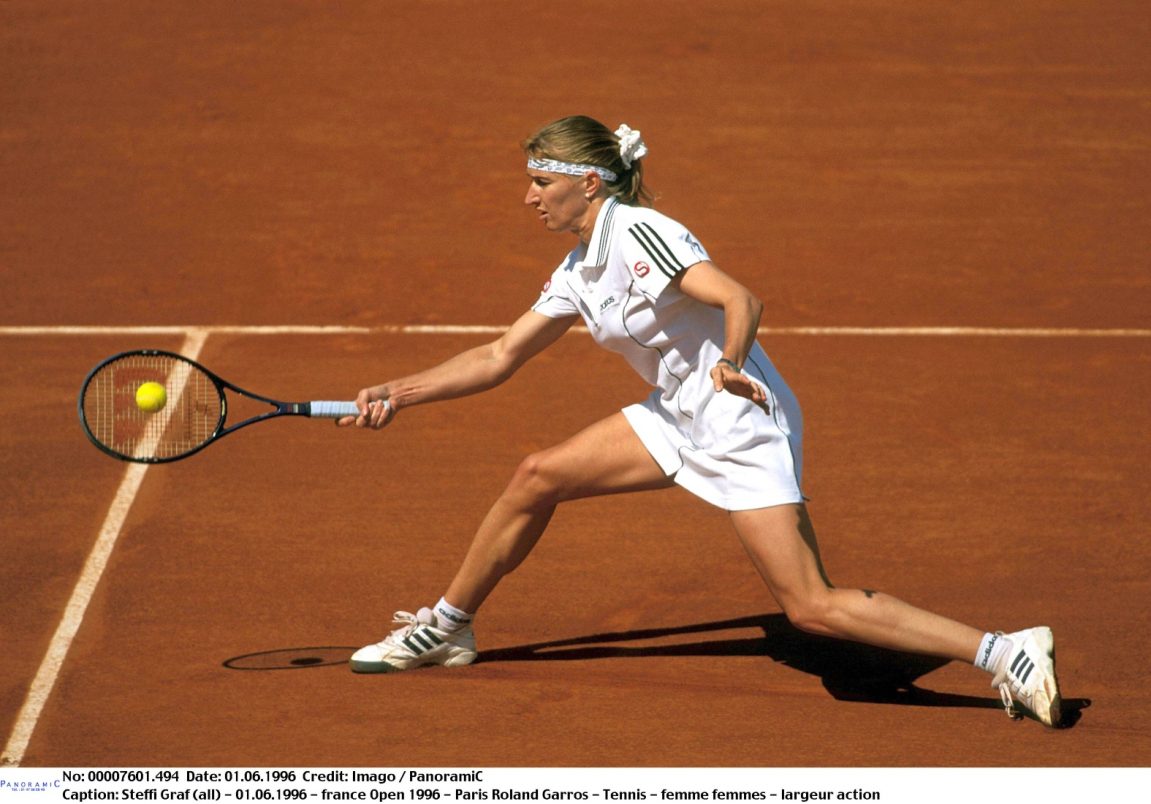“Steffi Graf tends to be a negative person” – German’s coach bemoaned that he had lost faith in her.
Steffi Graf, one of tennis’s greatest champions, was often regarded as a perfectionist, both on and off the court. Despite her remarkable success, there was a side to her that many fans and coaches found troubling. Her coach, in particular, lamented that Graf’s mental approach could be a barrier to her continued success. Specifically, he bemoaned the fact that she had lost faith in herself, which often led to negative thoughts dominating her mindset during critical moments.
Graf’s career was defined by incredible highs, including winning 22 Grand Slam singles titles, but her journey was not without moments of doubt and frustration. As a young athlete, Graf was known for her intense drive and laser-focused work ethic. Yet as the years passed, her once-unstoppable confidence began to waver. The pressure of maintaining such a high level of performance for years on end appeared to take its toll. The constant scrutiny from the public and the never-ending expectation of victory led to periods of self-doubt.

Her coach observed these shifts closely and noted that Graf’s negative outlook had become a recurring theme. This negativity was not just about physical limitations, but also about her mental approach to the game. The coach expressed concern that Graf’s loss of belief in herself meant that she was no longer able to draw on her internal strength and resilience when faced with challenges on the court. Her mind became a battleground, and her once-unshakable confidence was replaced with a hesitancy that often hindered her performance.
This loss of faith was particularly evident during tight matches or after unexpected losses. Graf’s demeanor would change, and she could be seen doubting her abilities. Her coach understood that this mental shift was one of the biggest obstacles to her continued success. In tennis, as in many sports, mental strength is as important as physical prowess. Graf, with her incredible talent, had the potential to dominate for many more years, but her mental state played a crucial role in determining whether or not she could reach that potential.
The coach’s frustrations were not a critique of Graf’s ability, but rather a concern for her overall well-being. He wished to see her rediscover the belief in herself that had made her one of the best players in the world. The mental game, it seemed, was as important as the physical one, and Graf’s negative mindset was one of the key factors holding her back. It was a reminder that even the greatest champions must battle with their own minds to achieve greatness.



